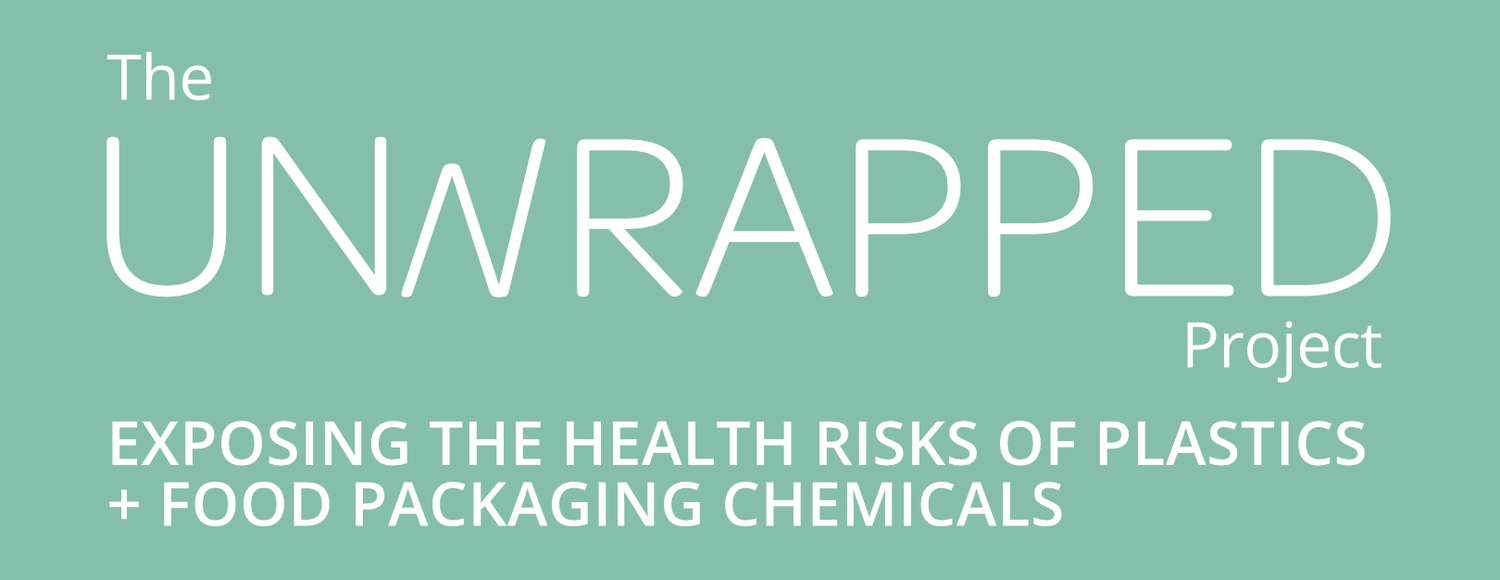
COVID-19 and Packaging
Transmission of COVID-19
Scientists understand the behavior of the virus a bit better each day. They have shown that the virus is transmitted through droplets (sneezing, coughing) and the air in certain conditions (especially in indoor spaces). Leading health agencies underscored that there is no credible evidence of food or food packaging as a likely source of viral transmission of COVID-19.
Reusable vs single-use products
With appropriate washing and respecting WHO recommendations, reusable packaging or tableware would not act as a vector of transmission. But crucially, reusable products are not any more dangerous than single- use packaging, which often travels the world and has been manipulated many times before reaching supermarket shelves. Reusables are actually safer in many cases, as it is easy to disinfect hard surfaces using water and soap.
Scientists have clearly stated that reusables are safe as long as they are washed with water and soap – just like your hands.
Single-use food packaging & health
More than 12,000 chemicals are used in food packaging; and they can migrate from the packaging to the food and beverages. Many of these chemicals are hazardous: they interfere with the endocrine system, can cause cancer, diabetes, and impact the immune system.
Plastic & health
Plastic has health impacts all along its value chain, from the extraction of oil and gas to make plastic to the disposal and burning of plastic waste. From the United States to South-East Asia, low-income communities are impacted the most by plastic production and use, just as they are by the COVID-19 pandemic.
The facts
Reusables are not less safe than single-use! They actually typically contain less hazardous chemicals than single-use packaging.
The claims industry makes about the safety of single-use packaging are geared toward selling more of it and lack scientific grounds.
Focus should be on respecting WHO recommendations and appropriate washing.
Reusables are key to building back a vibrant local economy. Reusable businesses provide local green jobs and help reduce plastic pollution and climate impacts from consumption.





